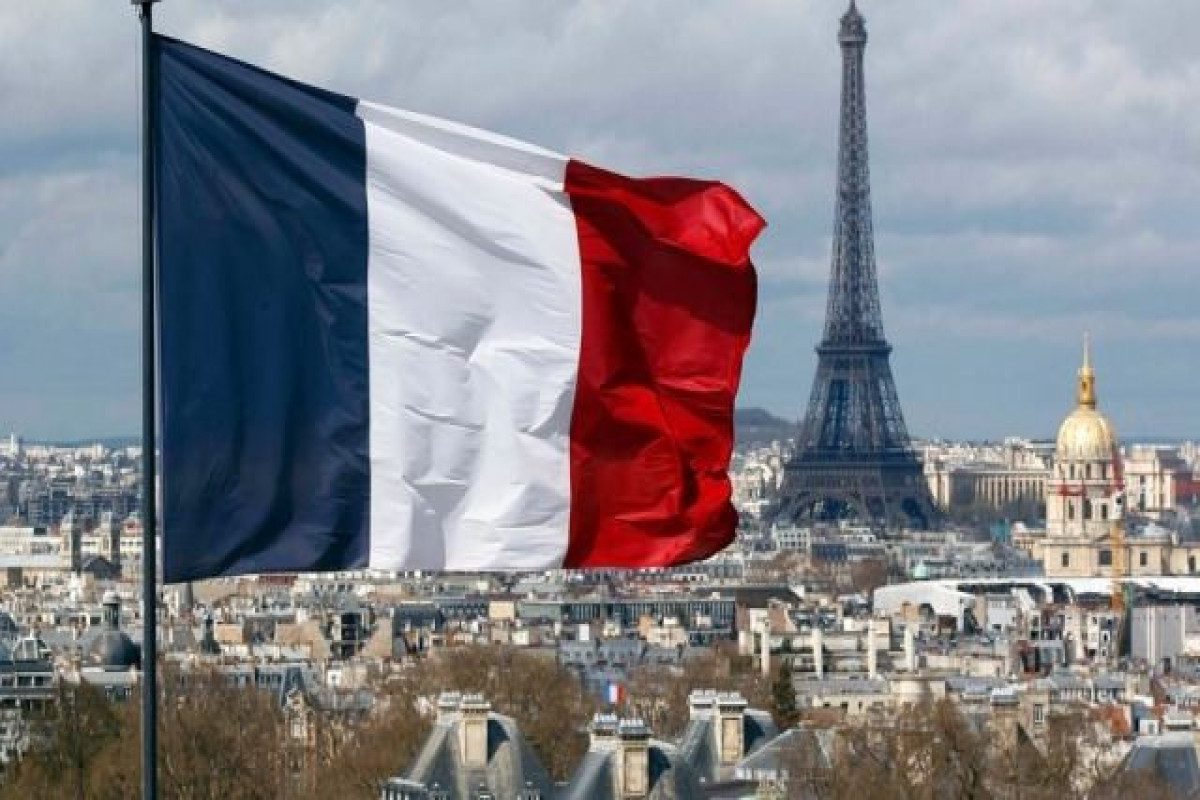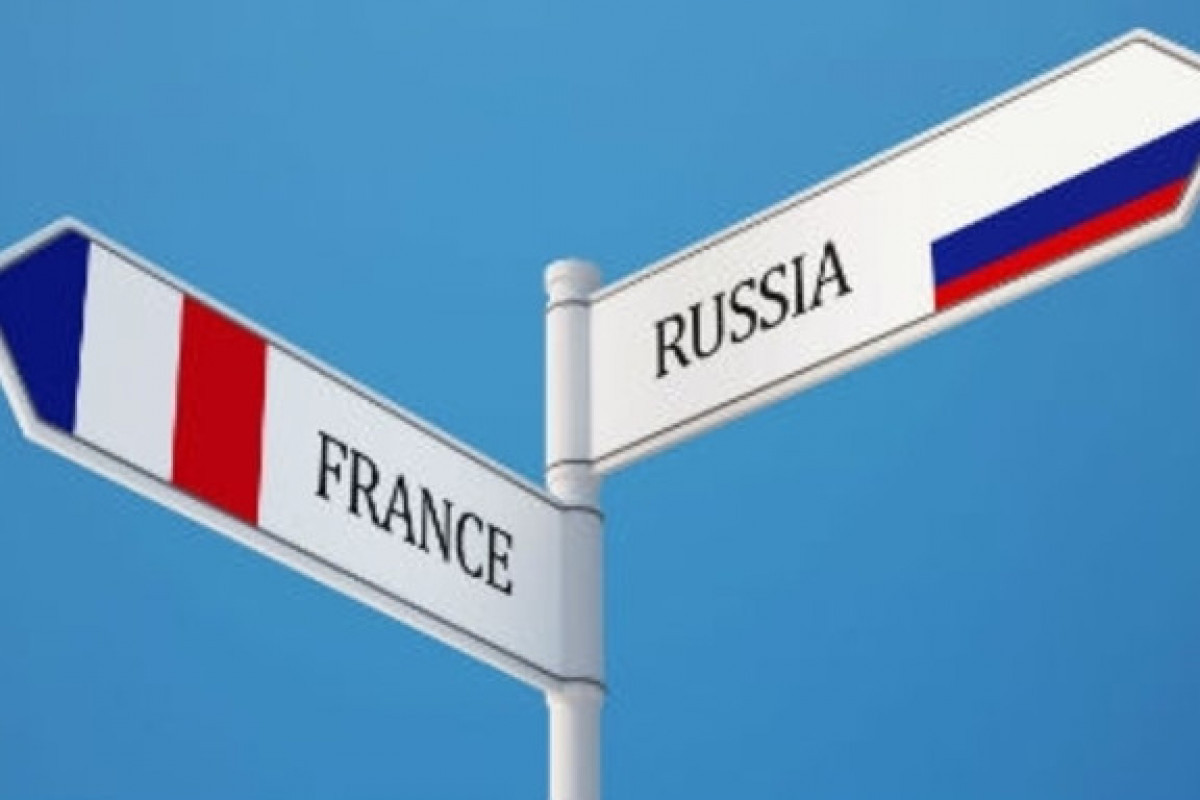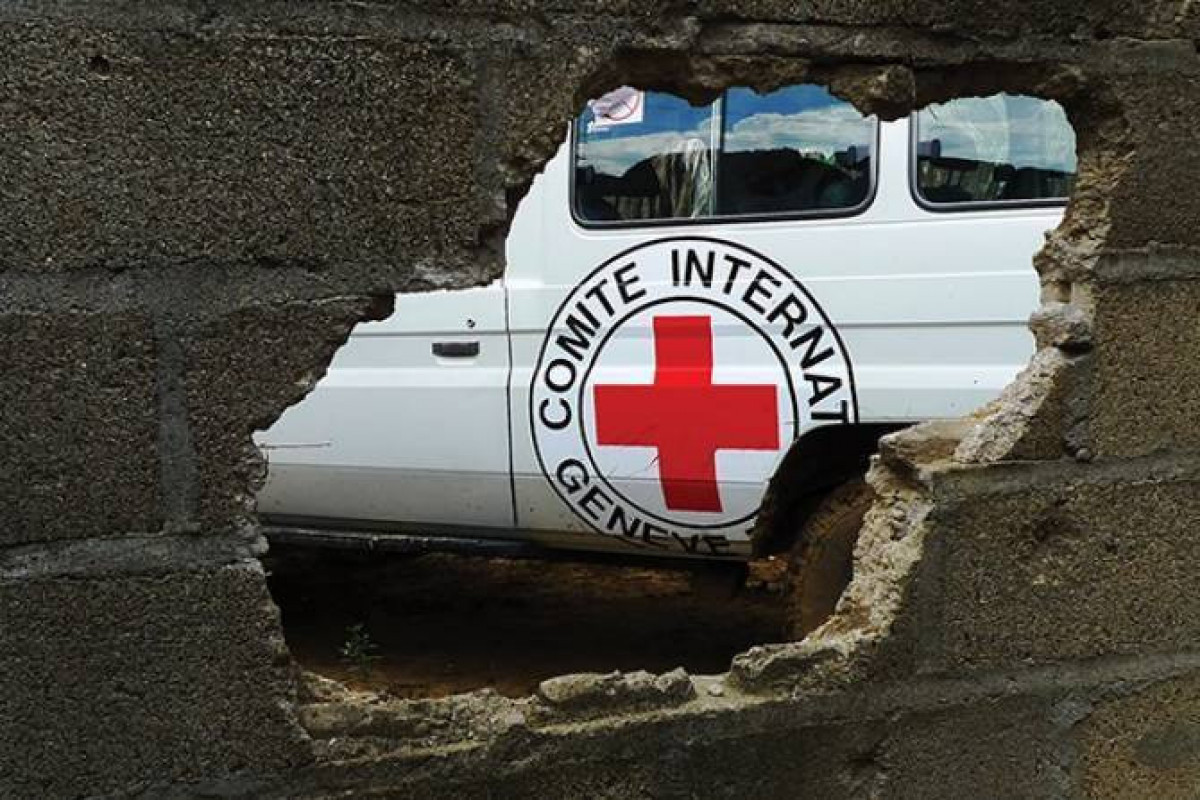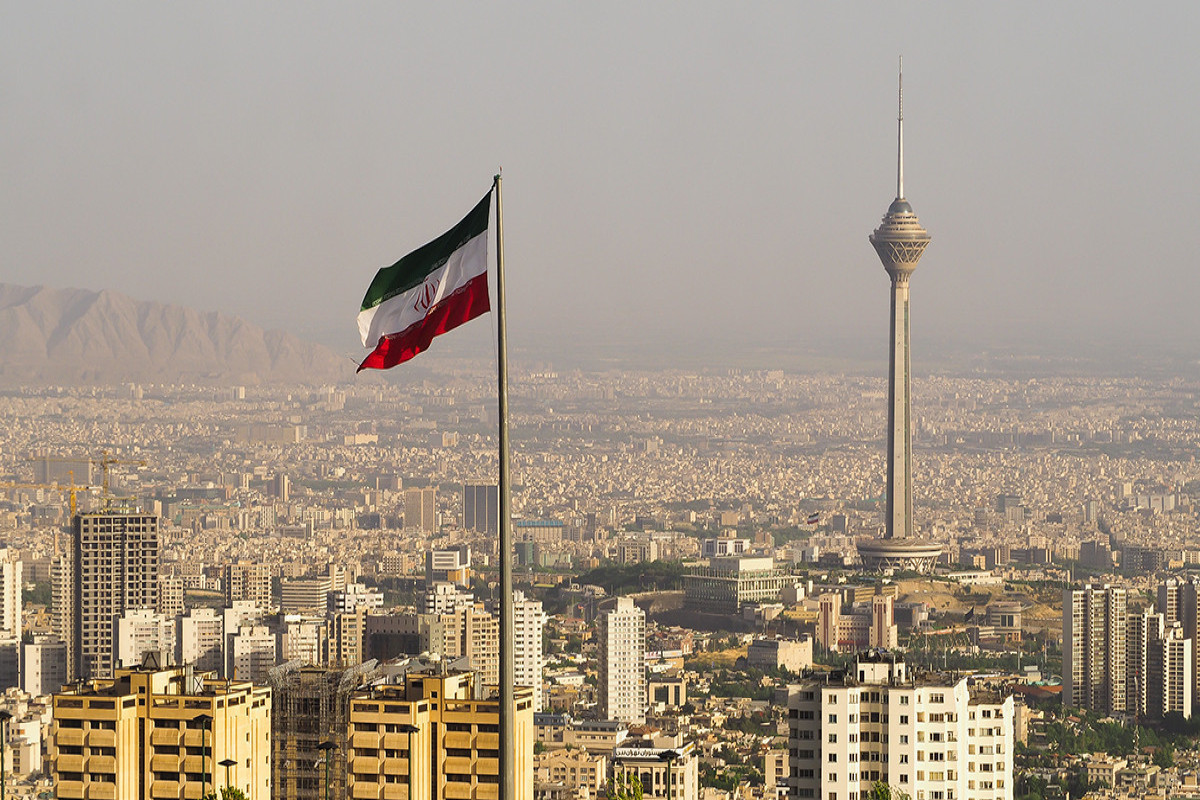The Parliamentary Assembly of the Council of Europe made a decision to limit the activities of Azerbaijani delegation head Samad Seyidov. The Azerbaijani people elected an MP and sent him to the PACE to represent their interests there. PACE, however, restricts the rights and opportunities of a person expressing the interests of Azerbaijan. This opens a new page in our relations with Europe on "supra-state European structures and a sovereign national state." I will come back to this later.
At the press conference, Samad Seyidov disclosed one subtle point from his talks in the PACE. This moment enables us to determine the true political essence and purpose of this "sanction". In one sentence, all political goals of the forces represented in the PACE are hidden. Samad Seyidov was told: "Just admit that you are doing other things here and no sanctions will be imposed on you." This proposal is based on an unsuccessful attempt to "collude with a man against his state". In fact, there was an open proposal: "Give unpleasant evidence against your state, then we'll leave you alone". If you look closely, you can see elements of blackmailing a representative of a state. They have made it clear that the target is not Seyidov. Then who is the target? The answer to this question is simple: "If the goal is not Samad Seyidov, then it is the national state of Azerbaijan."
Let us return to the theme "supra-state European structures and a sovereign national state". The sanction imposed on Samad Seyidov is an act of violence against the national choice of Azerbaijan. Only the Azerbaijani people themselves can decide who will represent it in the PACE. The ruling circles in the PACE restrict the activities of Samad Seyidov, even his right to demand an enquiry. In fact they limit the opportunities for Azerbaijan’s activity in the PACE. This can also be understood as limiting Azerbaijan's ability to protect its national interests. This is because Seyidov does not defend in PACE the interests of one person, but he is the head of the group representing the Azerbaijani people. This looks more like the political pressure that is exerted by those trying to make Europe a supra-state and member states into its regions. It seems that those who are trying to turn the European Union into a kind of supranational structure want to force small states to act at their command.
This danger has been hovering over Europe for 20 years, which during the 2008-14 global crisis and the last 4-5 years has become even more serious. This is why Britain chose Brexit. The UK is aware that the EU will turn into a superpower, and it will not have a leading voice there. This is exactly where Poland's contradictions are with Brussels, one of the reasons why Norway and Switzerland have been trying to keep distance from the EU for many years: the transformation of the EU to a superpower and the smaller states to its regions. As approximately in the 16th century in the time of Charles V Habsburg's "Holy Roman Empire" and during the 19th century, in the time of Napoleon Bonaparte's empire. Incidentally the idea of a single currency in Europe was put forward by Napoleon.
Azerbaijan now feels this pressure as it becomes more open and impetuous. Minimizing the opportunities of the head of the delegation representing the Azerbaijani people in the PACE is nothing else than a disregard for national state interests and the restriction of sovereignty. Former British Prime Minister Margaret Thatcher had commented on the anatomy of how superpower supporters in Europe pressured national nations. Noting the EU were pressuring countries where parties in favor of the union of sovereign and national states were in power, Thatcher wrote in 2002: “For this, the EU Council of Ministers was authorized to identify serious and persistent violations of freedom, democracy, human rights and other principles. After this, the rights of that member state were fully or partially suspended. France had significantly expanded the possibilities of threatening states that pursued a policy not in its favor. So, now the Council of Ministers can act with the phrase "the risk of serious violations. This is central governments limiting national democratic choice."
Let’s look at the issue from the point of view of Nagorno-Karabakh conflict settlement. The sanction imposed on the head of the Azerbaijani delegation to the PACE in 2018 is similar to the 907 amendment against Azerbaijan, approved by an attempt of Armenians in the U.S. Congress in October 1992. In that period, Azerbaijan significantly succeeded in clearing its territories of Armenian terrorists, who came from different countries, and the 907 amendment appeared unexpectedly. And now, one more Azerbaijan’s superiority arises along with economic and military ones, in its confrontation with Armenia: geopolitical situation in the region is leading to Armenia’s isolation. It can be possible for Azerbaijan to return its territories by military or perhaps even easier means. They can not deprive our country of economic, military and geopolitical superiorities, this is not in their competence. Influence of Turkey, Russia and Iran on the region’s geopolitical atmosphere is much higher. Therefore, they try to undermine political and ideological foundations of the prospect of Azerbaijan’s returning its territories. The next two years can be a period of acceleration of these processes. For this reason, they try to disseminate myths about the fact that “Armenia is more democratic”, and to try to blacken Azerbaijan in this regard. But we are not the people that were in 1992. No matter how much we criticize ourselves, now we are able to see who is acting for us, and who is against.
Especially for APA Analytical Center
Ibrahim Mammadov, PhD in History




 ANALYSIS'>
ANALYSIS'>

